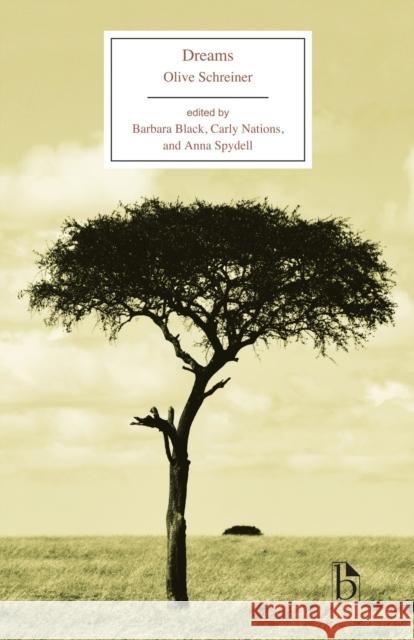Dreams (1890) » książka
topmenu
Dreams (1890)
ISBN-13: 9781554815647 / Angielski / Miękka / 2020 / 175 str.
Dreams (1890)
ISBN-13: 9781554815647 / Angielski / Miękka / 2020 / 175 str.
cena 115,73
(netto: 110,22 VAT: 5%)
Najniższa cena z 30 dni: 112,48
(netto: 110,22 VAT: 5%)
Najniższa cena z 30 dni: 112,48
Termin realizacji zamówienia:
ok. 30 dni roboczych.
ok. 30 dni roboczych.
Darmowa dostawa!
Kategorie:
Kategorie BISAC:
Wydawca:
Broadview Press Inc
Język:
Angielski
ISBN-13:
9781554815647
Rok wydania:
2020
Ilość stron:
175
Waga:
0.24 kg
Wymiary:
21.34 x 13.97 x 1.52
Oprawa:
Miękka
Wolumenów:
01
Dodatkowe informacje:
Bibliografia
Wydanie ilustrowane
Wydanie ilustrowane











